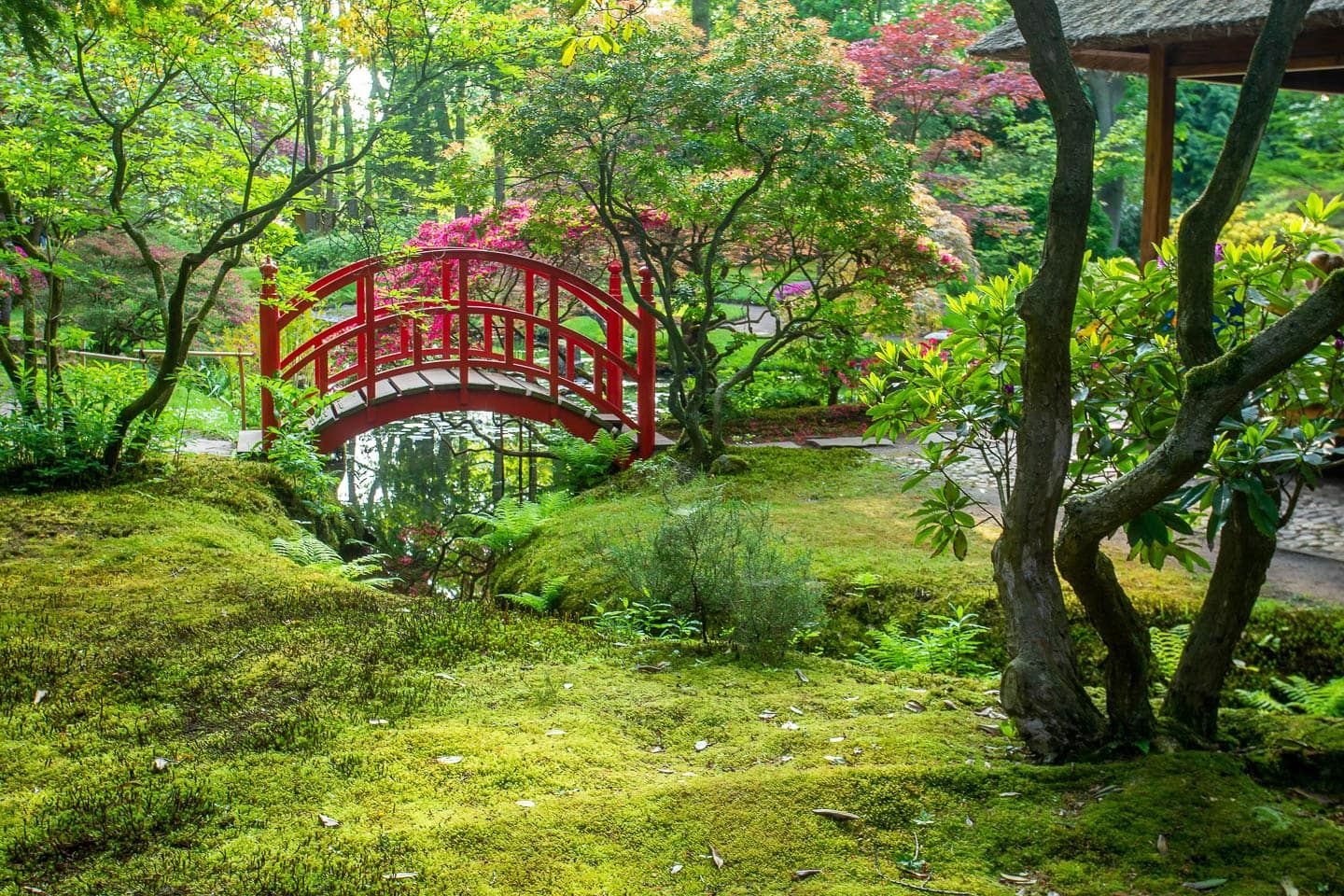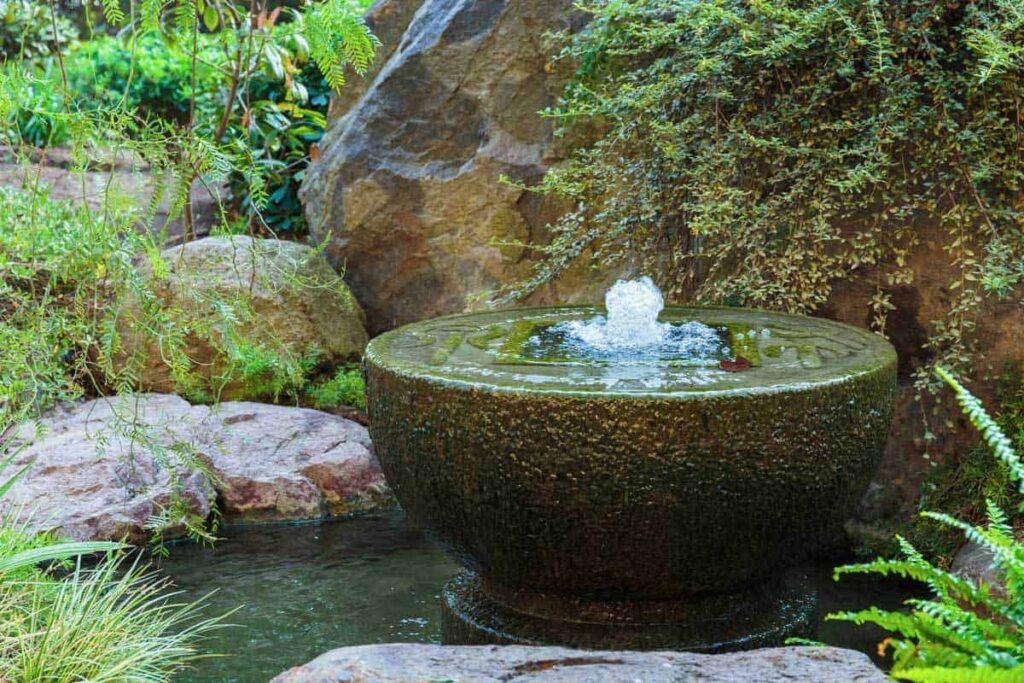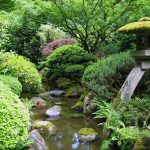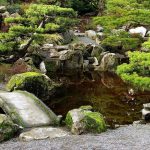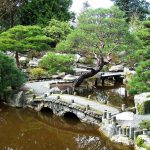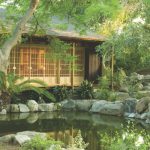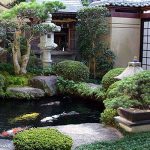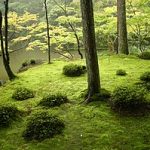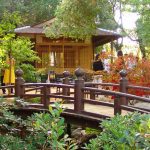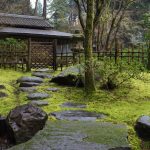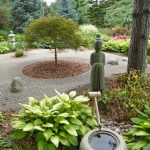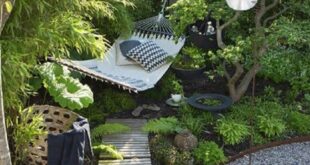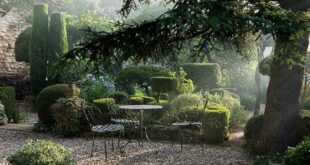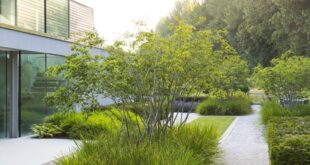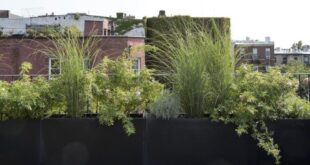If you have a big house – you want to make a park or garden near. But you do not know what you wish. Then there are some ideas for you which will be helpful. Have you ever seen Japanese garden? You can find it not only in Japan but near your neighbour house.
What Is Japanese Garden? Traditional Japanese garden is designed for peaceful contemplation of the world. Japanese style in landscape design stands on Buddhism philosophy and seeks to provide a spiritual haven for visitors. The focus of the Japanese garden is on nature. Elements of Japanese gardens have natural and harmonious look. Geometric shapes and artificial stone are not usual in the Japanese landscape design.
There are four basic elements used in Japanese garden design: stones, water, plants and ornaments. When you select and organize these elements in space, it is important to keep in mind the basic principles of Japanese landscape design, which include asymmetry, the nature in miniature, symbolic elements, balance of plant and garden attributes. These principles will work together to create the right balance in the Japanese garden.
Features Of Water In Design: Fountains play a major role in the Japanese landscape design. They are often used to symbolize a period of time or as a means of physical and spiritual purification before entering the house or temple.
Japanese fountain is always very simple in design – the focus is on the water not on the cup. This fountain is made up of small stones among rocks and boulders with a small bamboo tube spout. Ferns and other evergreen plants grow in water. Creating harmony and balance with the natural world is very important in the Japanese landscape design.
Summary: When you create a Japanese garden it is important to establish a simplified procedure for paving. The installation should not be the focal point, and in harmony with the overall design of the space. Here the moss and the grass are growing between the tiles, recalling the unity of man with nature.
 Garden and patio decoration inspiration
Garden and patio decoration inspiration
